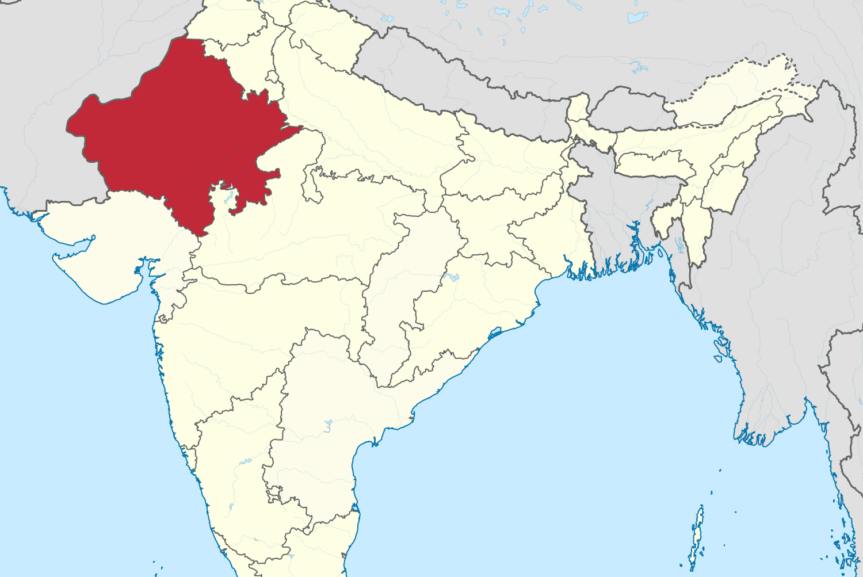Wärtsilä, the Finnish energy and marine supply company, said it will supply two 10-megawatt (MW) / 10-megawatt hour (MWh) energy storage systems (ESSs) under an engineering, procurement and construction contract to Caribbean Utilities Company (CUC) in the Cayman Islands.
It is CUC’s first energy storage facilities and will enable the utility to approximately double its renewable energy capacity on Grand Cayman, the largest of the three Cayman Islands.
The ESSs will facilitate up to approximately 29 MW of distributed customer-sited renewable energy resources without causing instability to the grid. Wärtsilä said like many island grids, Grand Cayman’s power system is isolated from grid-tied electricity, and susceptible to unplanned changes in generation output. The network connected electricity generation sources on Grand Cayman comprises 161 MW of diesel-fuelled generation and approximately 14 MW of solar photovoltaic (PV) generation.
The systems contain lithium iron phosphate batteries. They will be connected to the Hydesville, West Bay and Prospect substations. Each facility will include Wärtsilä’s GridSolv Quantum, a fully integrated, modular and compact energy storage system, as well as the GEMS Digital Energy Platform, Wärtsilä’s energy management system.
“Energy storage has proven to be a game changer for our numerous island-based customers in the Caribbean and beyond to simultaneously lower energy costs, reduce greenhouse gas emissions, increase renewable energy consumption and improve grid reliability,” said Jon Rodriguez, Director, engine power plants, Wärtsilä Energy in North America.
Caribbean Utilities Company is a privately owned electricity generation, transmission and distribution utility which owns an installed generating capacity of 161 MW. It is the only electric utility in Grand Cayman, the largest island of the Cayman Islands, with a population of some 65,000, mostly in Grand Cayman.
The Wärtsilä ESSs are expected to become operational in mid-2023.
Photo: Wärtsilä’s Edmund Phillips and CUC’s Sacha Tibbetts signed the order for the delivery of 20 MWh total energy storage capacity












